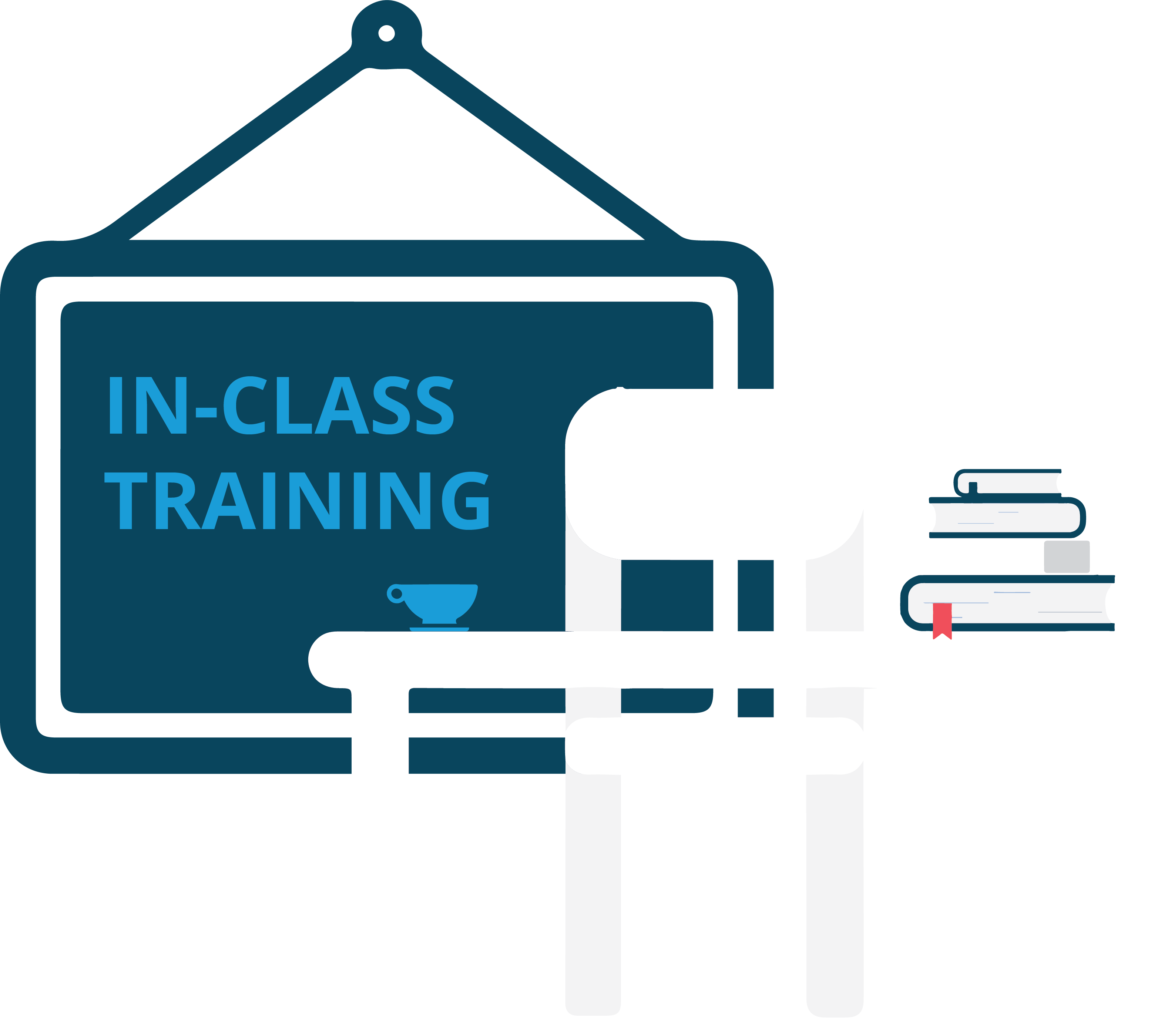VAMED in-class training courses can cover any area.
The training can be offered in English, French, Portuguese or Russian.

Program Description
VAMED’s in-class training courses aim to strengthen the know-how of healthcare professionals at all levels, from basic to management, and for all professional groups: doctors, nurses, and physiotherapists, as well as managers, technicians, and other non-clinical staff. Courses are taught by VAMED experts or by experts from its international partner network. Training courses can be provided in all areas of healthcare and can have e-Learning (online) components that complement face-to-face training. More information on the training courses VAMED Education and Training offers can be found in our Training Catalogue in English, French, Portuguese or Russian.
The following courses are examples of training courses often requested by clients
The topics listed for each course aim to provide an overall picture of what can be taught; however, the exact topics, as well as the duration of the course, will be determined during an on-the-ground assessment that takes place before the training project starts.
ADULT ONCOLOGY
Under the guidance of an experienced oncologist from one of VAMED’s partner hospitals, doctors will gain an understanding of the molecular basis of cancer and how this affects a patient’s treatment and prognosis. They will also learn about various forms of tumors, how they grow and how they interact with the body.
Molecular Basis of Cancer
Tumors
Overview of Radiotherapy and Other Cancer Treatments
Clinical Pharmacology and Systemic Treatments
Treatment of Breast, Lung, Intestinal and Prostate Cancer
Case Studies
ANASTHESIA
Doctors will gain a comprehensive overview of the principles, procedures and techniques for anesthesia.
Pharmacology of Drugs Used
Techniques of General and Regional Anesthesia
Complications of Anesthesia
Obstetric Anesthesia and Analgesia; Special Requirements of Anesthesia for Other Surgical Groups, e.g. Pediatrics
Postoperative Care of the Patient
COMMUNICABLE DISEASES
Many countries are dealing with the emergence of relatively new communicable diseases, such as Zika, as well as the continued prevalence of “old” diseases, such as tuberculosis. This course is ideal for doctors or nurses in these countries who would like to learn more about these diseases and how to treat them.
- HIV/AIDS
- Malaria
- Tuberculosis
- Dengue Fever
- Respiratory Diseases
- Influenza
- Diarrheal Diseases
- Zika
EMERGENCY CARE
Being able to assess and manage a medical emergency is crucial to providing patients the initial care they need. This course will give doctors and nurses this know-how, as well as the knowledge and skills needed for resuscitation, diagnosing and treating common emergency injuries and dealing with patients in shock.
Triage, Baseline Data Gathering and Assessment
Fluid Resuscitation
Stabilization of Respiratory, Neurologic, Thoracic and Abdominal Injuries
Management of Shock
Common Medical Emergencies
Minor Injuries
Working in Multidisciplinary Teams
GYNECOLOGY/OBSTETRICS
This course provides doctors with a basic understanding of gynecological and obstetric topics, including how to perform and interpret ultrasounds in this area and what preoperative and postoperative care in this area entails. After this course, they will be able to treat minor obstetric or gynecological issues and recognize severe cases for referral to specialists in obstetrics and gynecology.
Ultrasound Diagnostics
Symptoms and Pathophysiological Basis of Obstetric/Gynecological Problems and Sexually Transmitted Infections
Preoperative and Postoperative Care
Antenatal Care and Pregnancy Complications; Management of Labor/Delivery
Benign Gynecological Conditions, e.g. Endocrine Problems, Pelvic Pain and Abnormal Vaginal Bleeding
HEALTH PROMOTION
AND DISEASE PREVENTION
Through this course, nurses and community health workers will learn how to plan and implement health prevention and promotion programs, especially at the community level. Such programs are effective tools for bringing health awareness to communities, especially those in rural areas.
Nutrition; Tobacco and Alcohol Addiction
Physical Activity
Hygiene
Reproductive Health and Prevention of Sexually Transmitted Diseases
Mental Health Basics
Program Planning
Learn from experts
Top-ranked training partners
Reognized worldwide
Best of industry
Interested to know more about in-class training programs?
Please do not hesitate to contact us.

